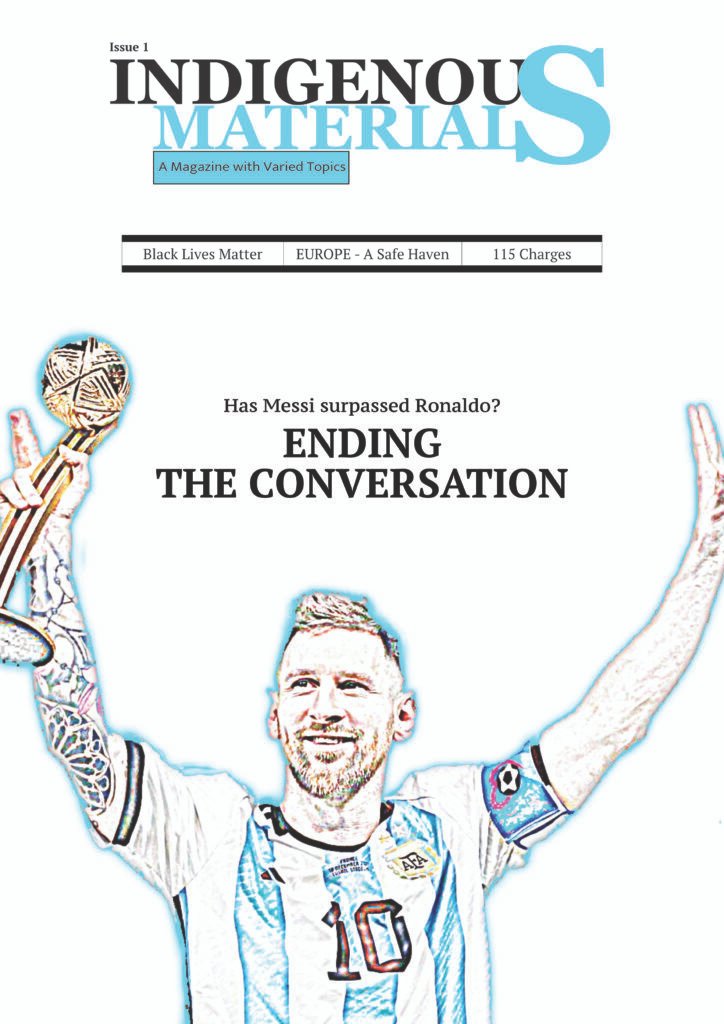When greed becomes an art
Devious art, by its very nature, has shaped a distinct psychological framework that influences human behaviour and perception. Such art is often depicted as being created with metaphorically “broken brushes,” symbolising imperfection and disruption. This form of expression aligns with individual perceptions of what constitutes profound or valuable art. Art achieves its highest value when it provokes critical thought, alters entrenched mindsets, and contributes meaningfully to the acquisition of knowledge and skills.
This type of art possesses a self-articulating quality, manifesting outcomes and narratives that seek to challenge or redefine the agendas they represent. When the underlying description or thematic essence of the artwork is not immediately disclosed, it is advisable to engage with the work in its entirety before forming interpretations, allowing for a more informed and holistic understanding.
Moreover, this art form is often linked to themes of moral transgression, cultivating a metaphorical ‘cult’ of followers who are drawn to material wealth, symbolised here by papers bearing numerical values, i.e., currency. Such allegorical cults may become perilous when certain individuals within them acquire disproportionate power, challenging the authority of the collective. From the perspective of the cult, the art may be seen as divine or beautiful; yet externally, it may be perceived as a calculated strategy to emotionally manipulate audiences into aesthetic and ideological submission.
The pervasive nature of greed is unmistakable. It breeds fear, particularly when generated by those who present themselves as patriotic figures. This greed can escalate into an unrestrained quest for wealth and influence. Nevertheless, the culture of greed is not inherently negative, provided it is tempered by dignity and ethical standards. Upholding moral integrity remains essential in demonstrating that success can be achieved without compromising the well-being or rights of others.
However, in the presence of greed, the notion of ethics is frequently dismissed as illusory. The aspiration for affluence is often criticised by those who lack access to such a lifestyle. Affluent individuals are repeatedly required to justify their financial status, especially when discussions arise concerning equitable wealth distribution.
Critics argue that the moral imperative for the wealthy to share their resources lacks practical application, as there are no objective standards for measuring the ethics of accumulation. Many assert that affluent individuals are entitled to the wealth they have accrued through hard work and perseverance. Dismissing their efforts simply due to a perceived failure to redistribute wealth undermines the value of industriousness.
On the other hand, a counterpoint suggests that significant wealth is often amassed through the exploitation of structural inequalities that disadvantage poorer populations. As such, it is argued that the wealthy should contribute to local economic development. Philanthropy has been one avenue through which this obligation is addressed, with charitable activities positioned as mechanisms to support vulnerable communities. Yet, sceptics suggest that such initiatives may serve ulterior motives, masking exploitation under the guise of altruism, while allowing access to community resources and talent.
Furthermore, these charitable interventions are sometimes perceived as strategies for economic dominance, enabling wealthy benefactors to influence local economies and leverage public policy for resource extraction and profit. While corporate social responsibility (CSR) initiatives may provide access to essential services such as healthcare, education, and housing, criticisms persist. Many argue that CSR efforts are insufficient and disproportionately benefit non-governmental organisations (NGOs), who extract foreign aid and funding from national governments without necessarily addressing root inequalities.
The refusal to share wealth cannot be simplistically interpreted as the origin of selfishness, nor should selfishness be universally condemned. The perception of the wealthy as inherently selfish is pervasive, yet it is equally evident that many engage in acts of generosity and community support. The concept of selfishness, the art created with broken brushes, remains paradoxical: both flawed and profound. Its existence is contested, but it invites evaluation through diverse variables and interpretative frameworks.




